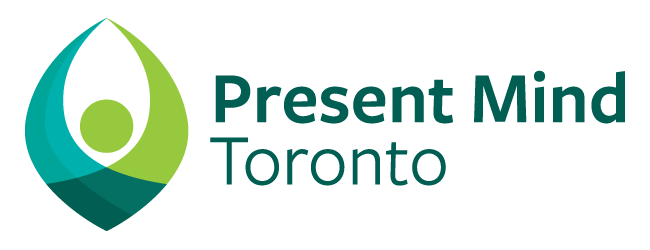What happens in couples therapy?
There is something about relationships —especially romantic ones— that inspires people to be private, shy or dismissive. Private when it comes to details, shy about discussing the intimate nature of the relations and dismissive of issues causing a rupture of the relationships. The stigma of a broken marriage or partnership is too big to overcome. Most couples hurt in silence until they cannot take it anymore.
A common belief is that if only the couple put in enough effort or commitment, they would be okay. In many societies, it almost vulgar to talk about an intimate relationship. Love, eroticism, mutual attraction are all taboo subjects in social settings. So what do couples do when they are having challenges in navigating these issues? Talking to a complete stranger such as a therapist is another topic of dissent. The stigma around psychotherapy in Eastern societies is high. Add to that the violation of the belief that marriages are intimate, private and personal!
Being a couples therapist, I often come across resistance and mistrust from one or both partners. I also encounter anger in one of the partners for involving a third person in a matter between two. My response to such concerns is “you are valid.” I also know from experience that it is often a rewarding experience to have a professional opinion about patterns, communication failures, attachment injuries, needs not being met, lack of desire and mismatched expectations or goals.
A therapist can offer a safe space for expression, a neutral voice for emotional discussions, a third person’s view to reframe a situation and some knowledge or information about proven tools for better relationships.
At the end of the day, it is the couple’s commitment to each other and to their relationship that matters. If they are seeking resolution, understanding, improvement and growth, they would use all the resources available. Therapy is just one of the resources.
Lastly, I am going to remind my future client couples that you are unique, your relationship is unique and you need personalized solutions or conversations to create your own story.
Many therapists are wary of having couples in the room. It’s almost as if one has to now listen to, manage and reflect on the views and emotions of two people. One client brings so much to process in a session, imagine twice the work in an hour! Well, couples therapy is a little tricky. Yes, there are two people in the room but they bring the third client with them, the relationship! That’s what is suffering, breaking or hurting. In the process, the people in the relationship are suffering, hurting and lost.
According to this critical analysis and synthesis of emerging developments in the field, couples therapy is effective in reducing relationship distress and increasing relationship satisfaction. These objectives are achieved through different therapeutic techniques that are outlined below.
Therapeutic Techniques in Couples Therapy
Emotionally Focused Therapy (EFT) for Couples is a famous and proven therapy for couples. It depends on the explanation of the ‘dance’ that couples are engaged in, the patterns of communication and emotional reactions to perceived or real attacks. EFT is attachment based, and supports couples in changing negative or rigid interaction patterns to meet each other’s needs for security and connection.
Cognitive Behavioural Therapy (CBT) for Couples offers an understanding of thought patterns, core beliefs and emotional reactions in individuals in the relationship. By identifying and changing unhelpful beliefs, couples are able to understand each other with greater compassion and affection.
Solution-Focused Couples Therapy looks for possible resolutions, goals and future maps. Instead of focusing on the problems in the relationship, Solution-Focused therapy addresses the desired direction of the relationship and supports couples in overcoming obstacles to achieving their desired partnership.
Narrative Therapy for Couples helps people understand each other’s narratives, and then supports them in creating a new story about themselves and about their relationship. By rewriting their love story, Narrative Therapy supports couples in deepening their sense of trust and security in the partnership.
I practice eclectic therapy which means that I borrow techniques and tools from different modalities to help individuals and couples in their unique situations whether they are working on themselves or on the relationship.
Couples therapy is not free of possible errors. The therapist could align with one partner more, or unconsciously consolidate one narrative. A skilled couples therapist will be mindful of these pitfalls, and intentionally focus on creating space for both partners.
At times, couples may use the therapeutic space to air their grievances in the same way that they argue in private. Hence, a therapist consciously keeps the conversations within therapeutic and useful boundaries by redirecting, focusing or introducing new concepts and questions. By providing a structure, the communication between partners is more productive and focused on cultivating trust, respect, and affection.
Lastly, discussions about sex and intimacy can be an important part of relationship therapy. For monogamous couples, there is only one relationship in this whole wide palette of relationships that is erotic as well as functional. This unique aspect is a great connection to facilitate appreciation. A good couple’s therapist will provide support in exploring and understanding your needs and issues in intimacy.
Wondering if couples therapy is right for you? Schedule a free 15 minute consultation:
https://present-mind.janeapp.com/#/free-consultation

